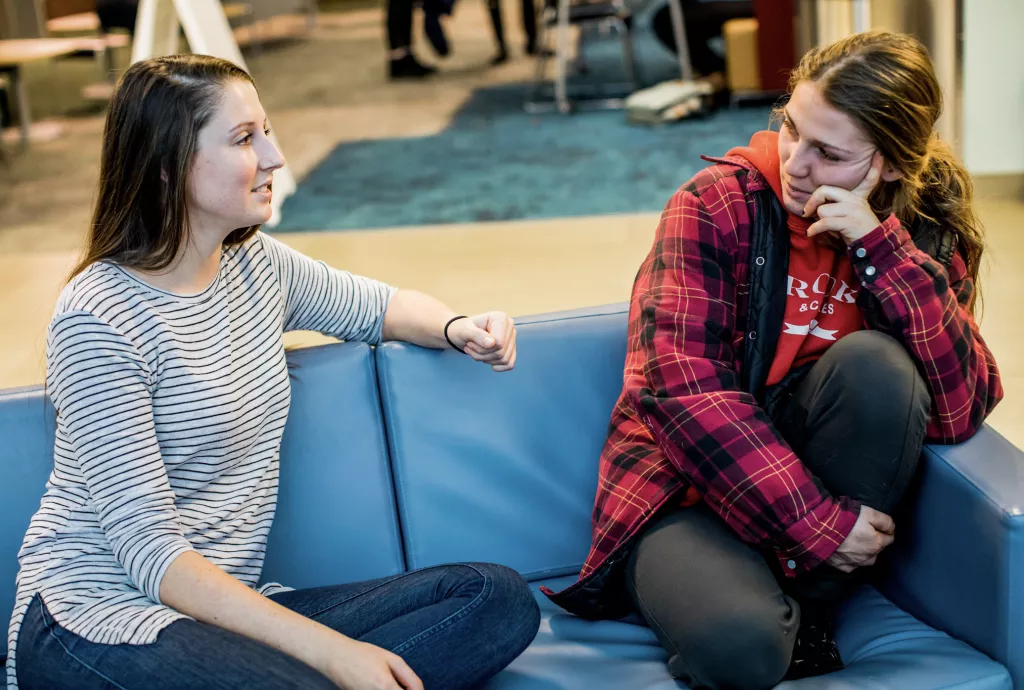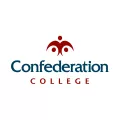Start Dates & Ontario Colleges Program Codes:
- Fall, Winter + Spring starts (September, January, and May): 0199
CIP Code: 51.1599
Are you passionate and caring?
Are you looking for practical training that will help you have a positive impact on the lives of those with mental health and addiction challenges?
The Addiction and Mental Health graduate certificate program will empower students with the enhanced knowledge and skills needed to support the specialized needs of individuals living with mental health and addiction issues. Students will examine some of today’s most promising practices including an integrated model of support and other evidenced approaches that complement the principles of recovery and the person-centered model of care.
From a trauma-informed perspective, learn to deliver responsive, culturally relevant, client-centered assessment and treatment to diverse individuals and groups in a variety of settings, including social service agencies, residential treatment centres, homeless shelters, services for women and crisis response services.
Top Highlights
- Benefit from online delivery and flexible courses that enable you to study at a time and place convenient for you
- Learn to recognize and effectively support a diverse set of client needs and experiences through accessible and responsive programs and services
- Practice appropriate treatment, prevention and harm reduction strategies
- Develop strategies for client advocacy and examine policy, legislation, and systems that impact service delivery in the field
Program Learning Outcomes
The graduate has reliably demonstrated the ability to:
- use a bio-psycho-spiritual framework when providing addictions and mental health services.
- provide holistic, client-centred, gender-based, culturally relevant assessments and interventions to individuals, groups and families within social and cultural contexts across the lifespan.
- integrate skills and knowledge from a range of frameworks and contexts in addictions, mental health and concurrent disorders to provide non-biased services to women and those from diverse and varied populations.
- educate individuals, families, groups and the community regarding issues and approaches through knowledge translation, knowledge exchange and the dissemination of relevant and current research and practice via formal and informal education.
- access, utilize and advocate for culturally informed community supports and services for individuals, families and the community.
- actively participate in and contribute to, relevant networks, groups and organizations promoting development, improvement and advancement in the fields of addictions and mental health.
- work collaboratively within inter professional teams providing ethical, effective, timely, and coordinated holistic services.
- practice ethical and responsible behaviour in all aspects of work.
- use research results to design and implement client care and services with the participation and contribution of the client, their family, and the community.
There is a high demand for mental health and addictions professionals. Graduates may find employment opportunities in the addictions and mental health field as community support workers, front-line shelter workers, team leaders, housing workers, case managers, counsellors, crisis workers, addictions counsellors and mental health workers. For more details on related occupations, job market information and career opportunities, see the Government of Canada website: www.jobbank.gc.ca/home.




